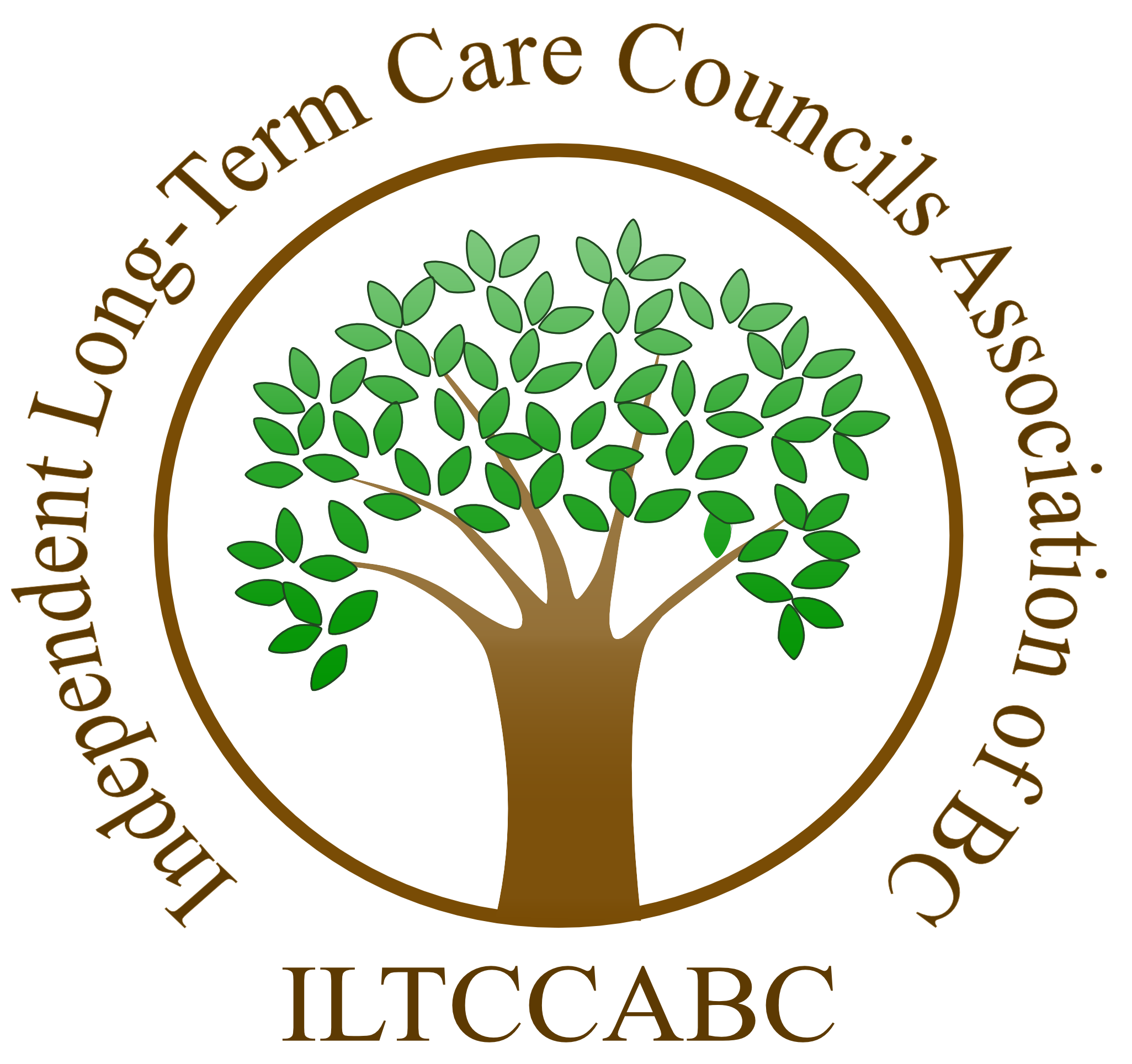Family Councils:
- Allows families to give each other ongoing mutual support and encouragement. Sharing thoughts and feelings with others who are in the same situation can help family members – Example: when experiencing difficulties in adjusting to having a loved one in Long-Term Care
- Provides a forum for learning – Example: regarding residents’ rights, the health issues affecting residents (e.g., Alzheimer’s disease), or other relevant topics
- Provides an opportunity to become knowledgeable about the Home’s operations, policies and rules. This can be especially helpful for families of new residents
- Can help families and the Home form a positive partnership aimed at improving resident care
- Offers family members a chance to express their collective concerns – a “united voice” supporting a “united effort.” In this way, a Family Council can be a catalyst for positive changes in residents’ daily lives, families’ experiences and in the Home in general
- Can benefit residents who are physically or mentally unable to voice their needs and concerns as well as those without family
- Can benefit the Long-Term Care Home by providing a means for staff to deal directly with families as a group and establish meaningful ongoing lines of communication. For example, staff may be able to use the Family Council as a sounding board for new ideas
- Ultimately, improves residents’ quality of life and supports families of residents

